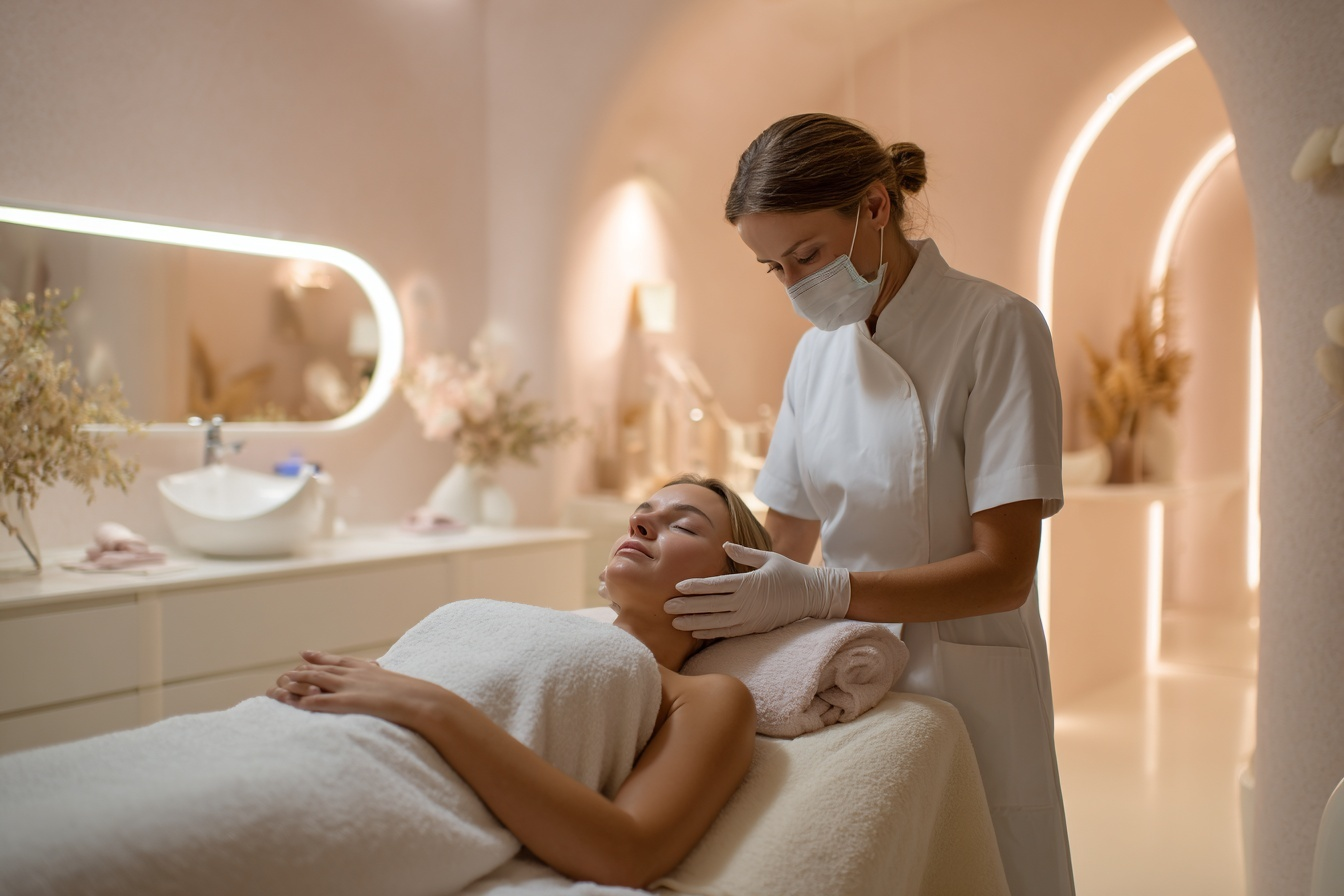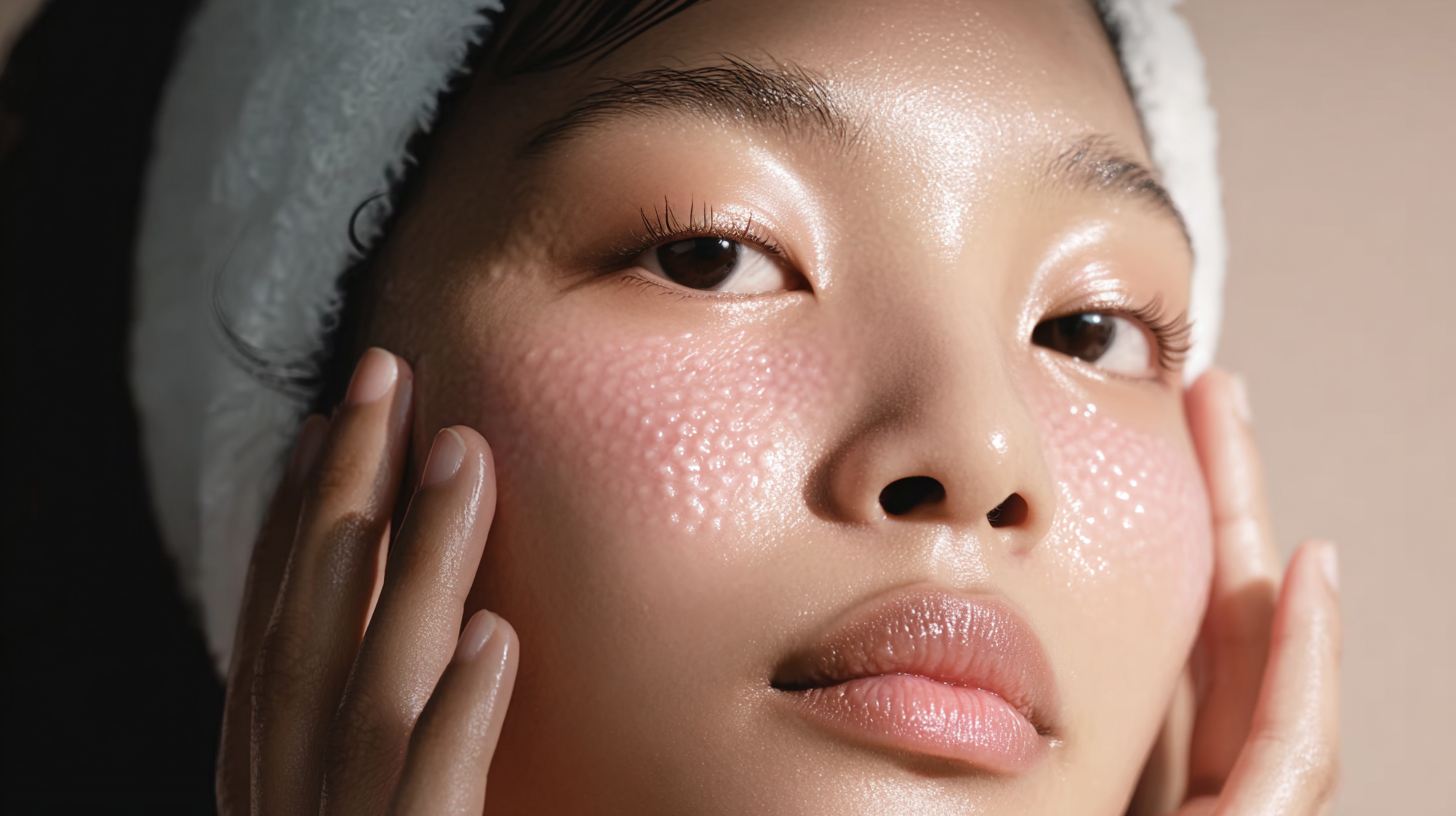Can What We Eat Really Affect How Our Skin Behaves?
Emma Coleman, columnist at PBL Magazine is an Aesthetics and Dermatology RGN with award-winning clinics across London and Kent. She frequently speaks and writes about her passion: taking a holistic approach to skin health, and has launched her own natural, antioxidant skincare line.
Diet and its relationship to skin health has been a controversial subject for many years within the world of dermatology and medical healthcare. Whilst there have historically been a wealth of clinical trials supporting that what we eat influences the body’s largest organ, they have been dismissed as being too small, conducted over too short a period, or labelled as having a conflict of interest.
Personally, I like to include dietary analysis and advice in all of my adult dermatology consultations because it makes sense to, and clients in my experience like to have some autonomy over their skin condition, rather than simply relying on a prescription cream or tablets. The advice I give generally concentrates on foods to include more of, as well as tailored recipes. I never advocate cutting out food groups unless someone has a known allergy.
Over the past year alone, a number of new trials have emerged which are swinging the pendulum in favour of this more holistic approach; one 2024 Polish study provided evidence of significant links between acne breakouts and consumption of chocolate, saturated fats and dairy products, whilst the same trial showed that wine, coffee and citrus fruits do indeed trigger Rosacea flares. Another trial published this year found a strong link between zinc consumption and low incidence of childhood eczema, whilst a small 2024 Greek study has found that a Ketogenic diet reduces psoriasis, which appears to be linked with reducing obesity in sufferers of this skin condition.
Aside from the physical aspects, skin disease has a profound effect on how people feel, often impacting how they interact socially and professionally, resulting in low self esteem, feelings of isolation, even reduced quality of life and depression. This highlights the importance of increasing our understanding of what triggers these conditions - both inside the clinic and at home.
In terms of ageing and diet, a 2024 post-menopausal study amongst North American women highlighted that although ageing is biologically predetermined, the consumption of eggs, processed meat and sugar were shown to accelerate skin ageing, whilst oily fish was shown to reduce signs of aging including wrinkles and pigmentation. The same trial also provided evidence that healthier dietary choices may significantly reduce risks of skin cancer formation.
Yes more human trials are necessary to understand these relationships, but the results are promising and I know from experience that taking a holistic viewpoint, giving patients or clients the tools to influence their own health at home, in itself reaps successful and longer term treatment outcomes.





